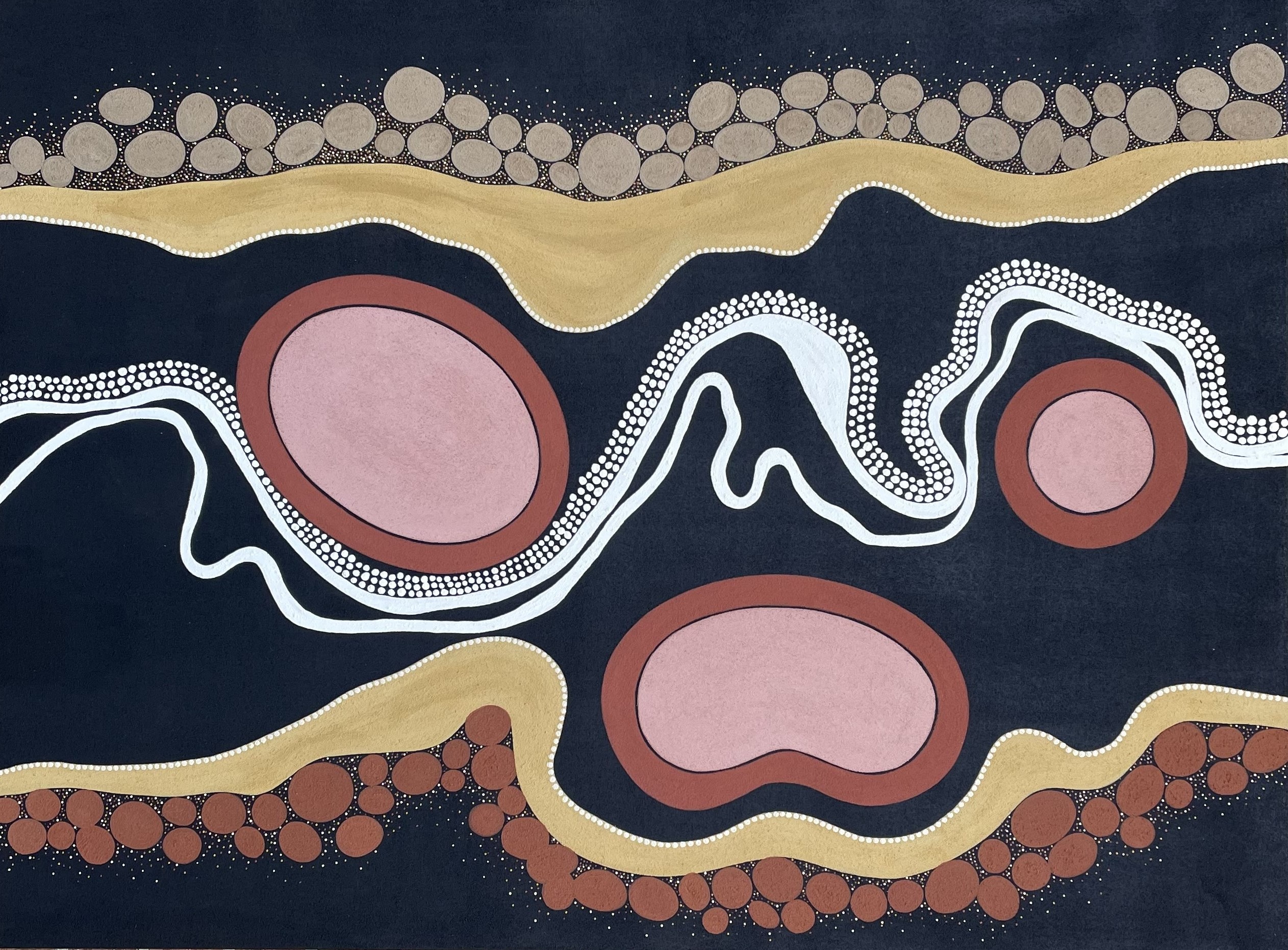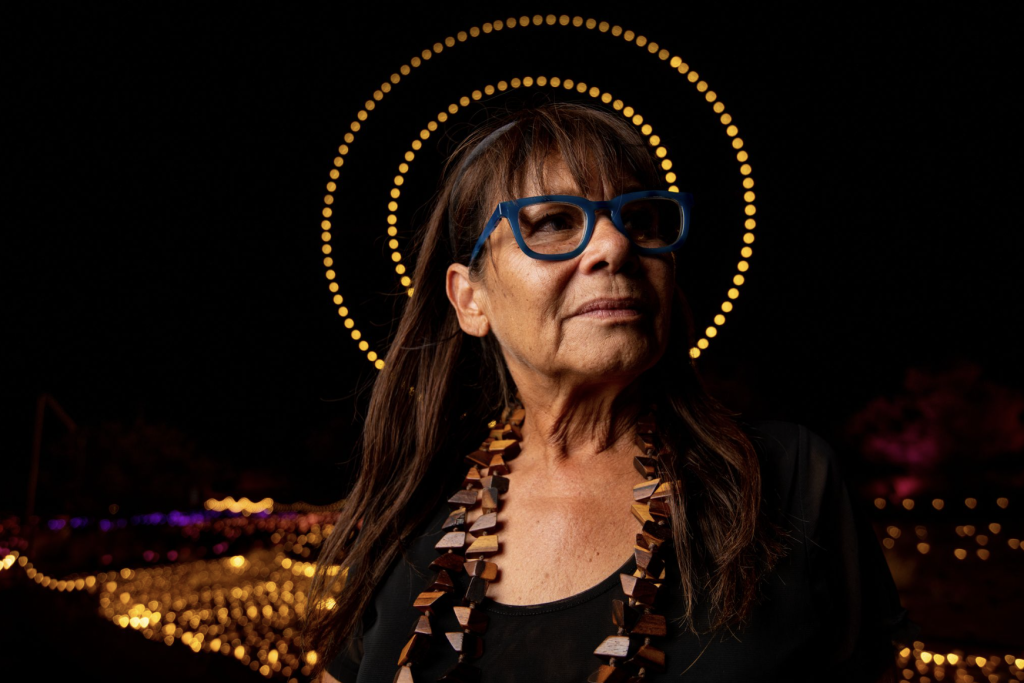
Later this year, Australians will have their say in a referendum to recognise Aboriginal and Torres Strait Islander peoples in the Constitution through a ‘First Nations Voice.’
A referendum is a mandatory vote required to make any changes to the Australian Constitution. A 1967 referendum allowed federal parliament to make laws regarding Aboriginal and Torres Strait Islanders but they do not have a ‘voice’ in those laws.
The Prime Minister the Hon Anthony Albanese MP committed to this in his election night speech on 21 May 2022, when he said the Government would implement the Uluru Statement from the Heart in full.
At the Garma Festival on 30 July 2022, the Prime Minister announced a draft referendum question and draft words to be added to the Constitution.
The draft question and draft amendment are the basis for discussion ahead of the referendum. In late March of this year, the Referendum Working Group and the Australian Government introduced the Constitution Alteration Bill into Parliament.
The Bill sets the question that will be put to the Australian people later this year and includes the proposed alteration to the Constitution.
The question “A Proposed Law: to alter the Constitution to recognise the First Peoples of Australia by establishing an Aboriginal and Torres Strait Islander Voice. Do you approve this proposed alteration?”
The heart of the matter

Rhoda Roberts is an Australian journalist, broadcaster, actor, producer, director, writer, arts advisor, and artistic director. She is the Creative Director First Nations at NORPA, and is a Widjabul woman from the Bundjalung territories.
“I was eight years old in 1967, when we had the last referendum, and it simply said, vote yes, for Aborigines, because we no longer wanted to be counted along with the sheep, we actually wanted to be counted as human beings. That was the first step. We’re in the 21st century. We’ve waited all this time to have another step, where we demand a seat at the table. We are Australians, but we are the First Peoples of this nation, and we carry with us inherited birth rights, and our knowledge that relate to this country that we have looked after forever.
“We pride ourselves on our culture and the culture keeps us sane. You know, it enables us to cope. Some of our young people, are not connected, they’re not assimilated with their culture, their behaviour is constructed in a Western framework. Some of our great leaders and custodians, have looked at the kinship systems and attribute their wisdom to knowing what a solution could be for some of the serious chaotic situations we face in every community.
“The Constitution, the founding document that we exist under at the moment, when they were marking that up for the Commonwealth of Australia and all the states and territories, there was not one Aboriginal person at the table. We were completely left out.” This is not equity.
“We’ve seen over time that legislation is not enough, as successive changes of government can overturn these laws. Having a First Nations voice enshrined in the constitution ensures that when coming children of our great grandchildren will always know that we were the First Peoples of this nation. We cared, nurtured and actually owned this nation, although our philosophy for land is that it owns us. Our philosophies are so different. We’re about stewardship and forgiveness.
Our people were able to find in their hearts, to move forward, questioning old discriminative policy and hence Statement of the Heart. Our philosophy about heart is about deep listening, and listening to the lived experiences. Governments have come and go. There is the rhetoric and yet we still face complex issues across all our communities, and offered limited solutions, that are driving wedges between this nation.
“Having a seat at the table, is really important. We should be part of the discussion because we actually can provide a viewpoint our perspective. It’s very, very different. It’s not about financial transactions.
It’s about stewardship and forward thinking . We’re willing to adapt, we’ve always adapted, but don’t silence us anymore by saying “No”. We are an essential part of the national fabric.
Feature image:
‘Rainforest Country’ by Melissa Ladkin and Nickolla Clark, two local Indigenous contemporary artists living on Bundjalung land. Image courtesy Ninbella